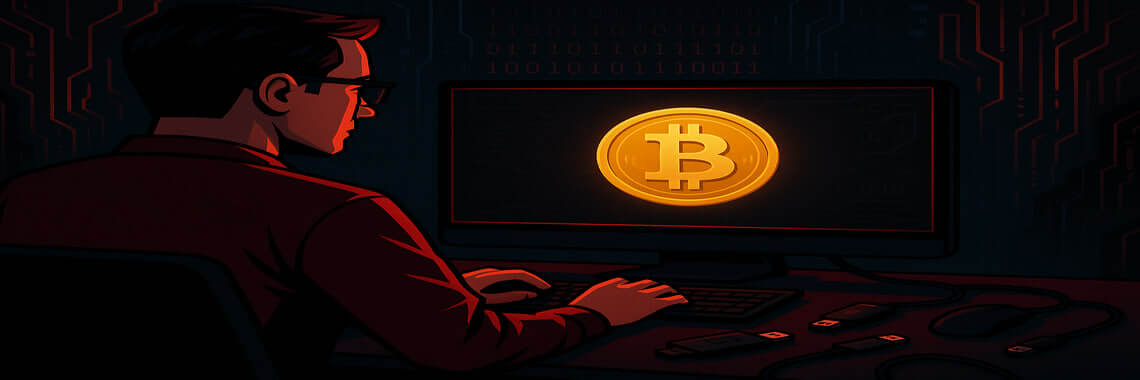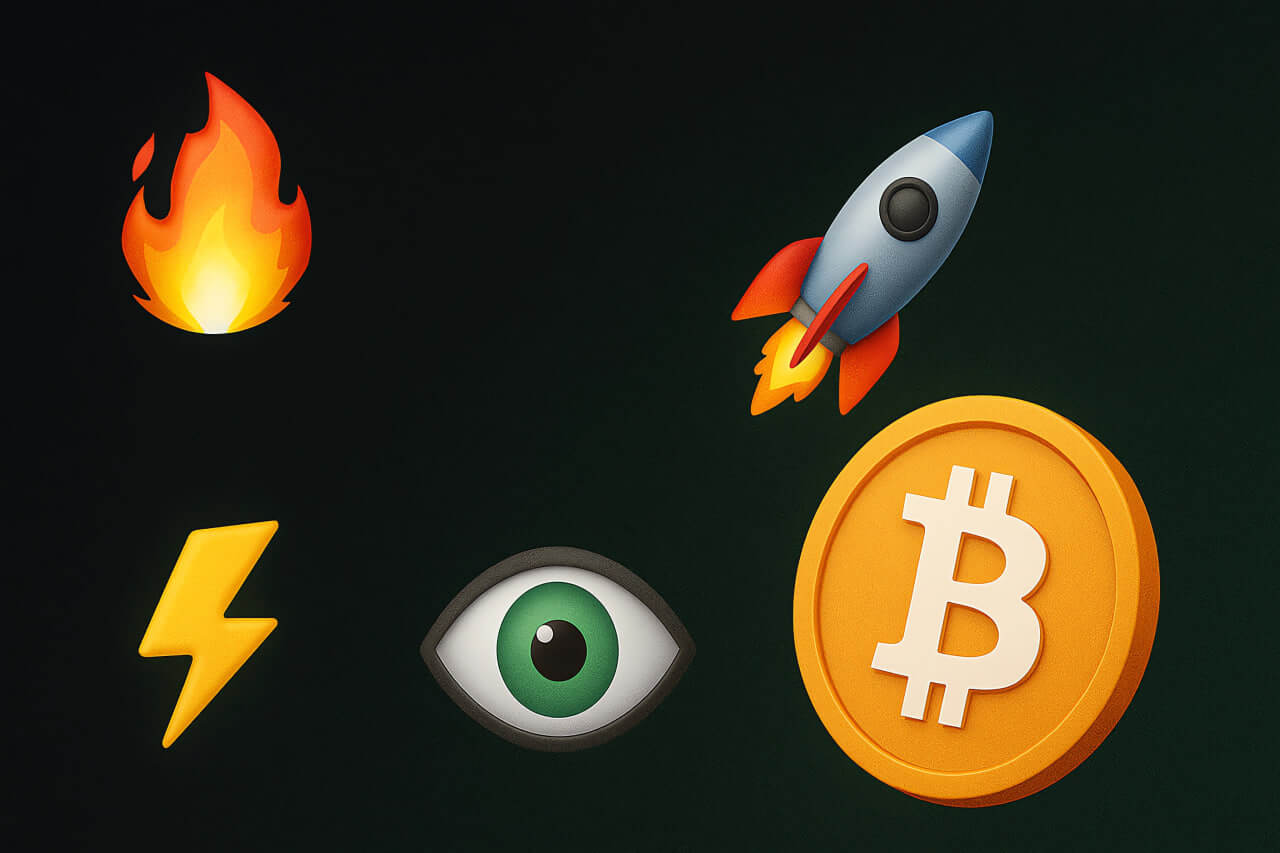How to Find Bitcoin on an Old Hard Drive

By ENILDIAR - 29/04/2025 - 0 comments
🧠 Introduction
Many people mined or bought bitcoins back in 2010–2015 and then forgot about them. If you have an old hard drive (or SSD), especially from an old PC/laptop, there’s a good chance it might contain files related to BTC.
The goal of this guide is to find traces of Bitcoin on an old drive: wallets, private keys, seed phrases, or encrypted backup files.
🧰 What Can Store Bitcoins?
1. wallet.dat File
A file from the original Bitcoin Core client. It contains private keys in encrypted or plain form.
2. Seed Phrase (12/24 words)
A recovery phrase for wallets (Electrum, Trust Wallet, Exodus, etc.).
3. Private Keys (WIF Format)
Example: 5HueCGU8rMjxEXxiPuD5BDuRaXsv...
4. Backup Files
Often with extensions like .bak, .json, .txt, .dat, .key.
📋 Step 1: Preparation
-
Extract the drive. Connect it via SATA/USB adapter or directly.
-
Make a copy. Always create a disk image using Clonezilla or ddrescue to avoid losing data during analysis.
-
Use Linux or Windows with admin rights.
-
Install tools:
-
HxDorWinHex(hex editors) -
Everything(file name search) -
grep,strings,bulk_extractor(for Linux)
-
🔎 Step 2: Searching for Known Files
Run a scan manually or using scripts:
1. Looking for wallet.dat
-
Use name-based search:
-
On Windows:
Everything, filterwallet.dat -
On Linux/macOS:
find /mnt/disk -name "wallet.dat"
-
-
Typical folders:
-
%APPDATA%\Bitcoin\ -
C:\Users\<Name>\AppData\Roaming\Bitcoin\ -
C:\Users\<Name>\AppData\Roaming\Electrum\wallets\ -
/home/<user>/.bitcoin/ -
/home/<user>/.electrum/wallets/
-
2. Searching for Backup Files
find /mnt/disk -name "*.bak"
find /mnt/disk -name "*.json"
find /mnt/disk -name "*.key"
3. Searching for Plain Text Private Keys and Seed Phrases
grep -Eorh '5[HJK][1-9A-HJ-NP-Za-km-z]{49,50}' /mnt/disk > private_keys.txt
grep -Eorh '^[a-z]+ [a-z]+ [a-z]+.*' /mnt/disk | grep -Eo '\b[a-z]{3,}\b( \b[a-z]{3,}\b){11,23}' > seed_phrases.txt
🔬 Step 3: Raw Content Scanning
If no files are found, but you suspect something was there — scan inside the drive:
1. Using bulk_extractor
bulk_extractor -o output/ -e wordlist -e base64 -e bitcoin -e email -e json /dev/sdX
Searches for private keys, seed phrases, and other artifacts.
2. Using strings
strings /dev/sdX | grep -iE 'bitcoin|wallet|electrum|mnemonic|seed' > strings_output.txt
🧪 Step 4: Verifying Wallets and Keys
-
Electrum — open the
.dator.walletfile. -
Bitcoin Core — move
wallet.datto%APPDATA%\Bitcoin\and launch the client.
You can use a script (e.g., in Python) to batch-check balances for the found addresses/keys.
⚠️ Important Precautions
-
NEVER upload keys/wallets to suspicious websites.
-
Work offline if the keys are not encrypted.
-
Always work from a disk copy.
-
Encrypt any files you recover.
📦 What If You Found wallet.dat but Forgot the Password?
-
Use
btcrecover:python3 btcrecover.py --wallet wallet.dat --passwordlist your_wordlist.txt -
You can also try GPU brute force (e.g., with Hashcat, if you remember part of the password).
🧠 Advanced Level
-
Use digital forensics tools:
Autopsy,FTK Imager,The Sleuth Kit. -
Check old email accounts — you might find seed phrases or exchange login info.
✅ Conclusion
Finding an old hard drive could turn into an unexpected reward. The key is to proceed carefully and avoid damaging original data. Even if you don’t find any bitcoins, the process will give you valuable experience in data recovery and digital investigation.

